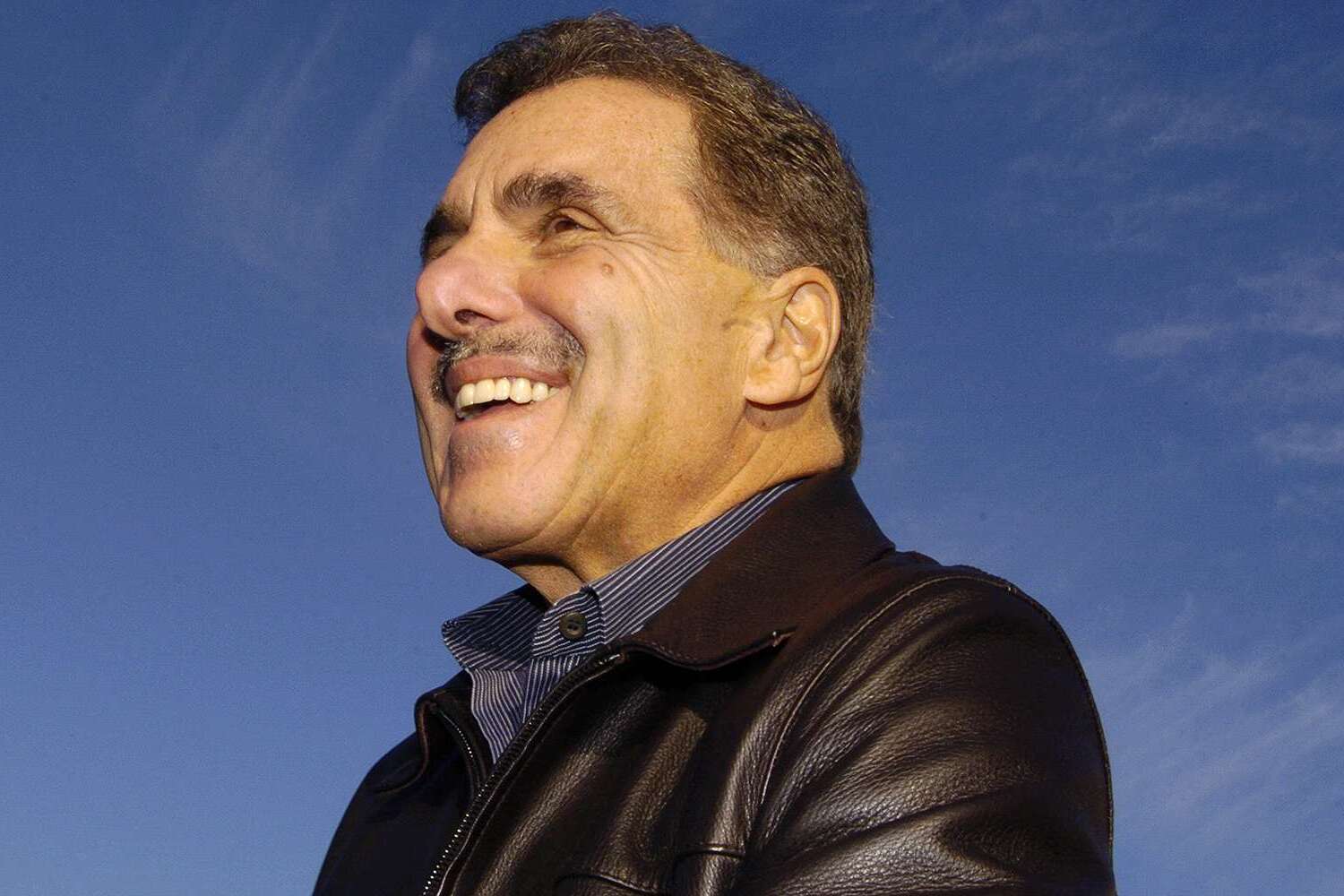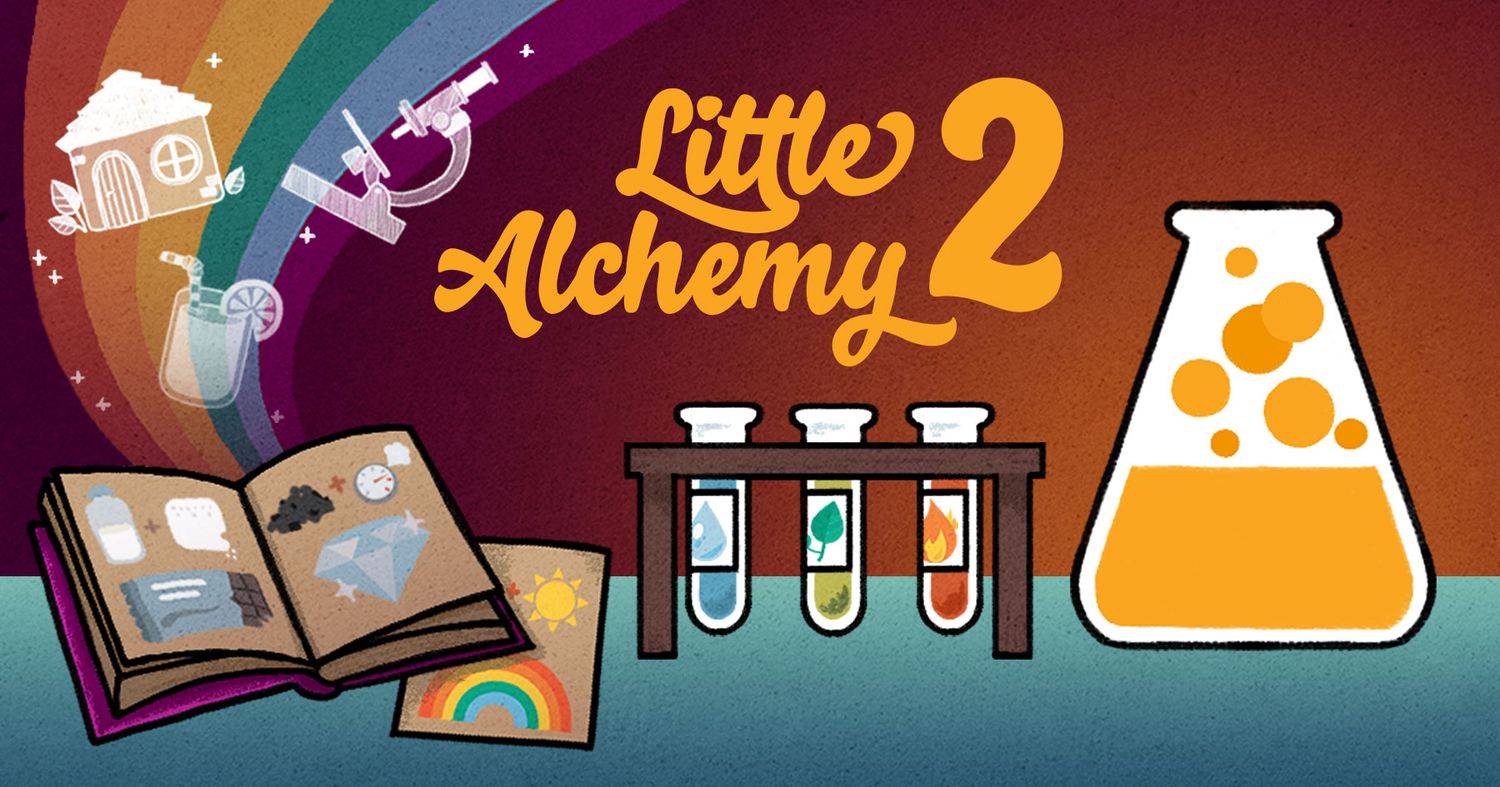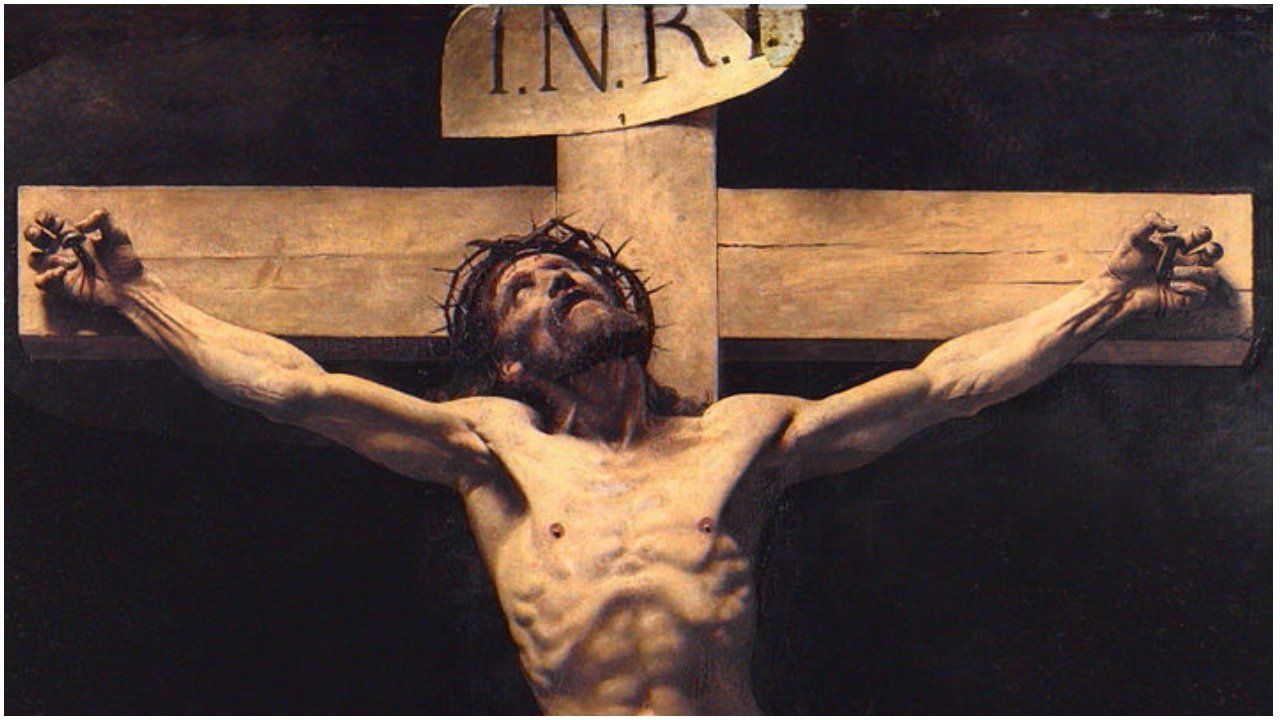
Who was Leonard Riggio, and why is he significant in the world of bookselling? Leonard Riggio, born in 1941 in New York City, transformed the book retail industry. Starting with a small bookstore called the Student Book Exchange in 1965, he later acquired Barnes & Noble in 1971, turning it into the largest bookstore chain in the U.S. His innovative approach to store design, featuring cozy reading areas and in-store cafes, made bookstores social hubs. Riggio's influence extended beyond retail; he was a philanthropist, supporting education, disaster relief, and the arts. His legacy continues to inspire entrepreneurs and book lovers alike.
Leonard Riggio: The Early Years
Leonard Riggio's journey from a modest upbringing to becoming a giant in the book retail industry is nothing short of inspiring. Let's explore his early life and the steps that led him to success.
-
Birth and Early Life: Leonard S. Riggio was born on February 28, 1941, in New York City. Growing up in a working-class environment, he developed a strong sense of community and social responsibility.
-
Education: Riggio attended Brooklyn Technical High School, graduating in 1958. He later took evening classes at New York University (NYU), where his passion for bookselling began to take shape.
-
Early Career: While studying at NYU, Riggio founded the Student Book Exchange (SBX) in 1965. This small bookstore quickly became popular among students, showcasing Riggio's entrepreneurial skills early on.
The Birth of Barnes & Noble
Riggio's acquisition of Barnes & Noble marked a turning point in his career and the book retail industry. Let's delve into how he transformed a single store into a nationwide chain.
-
Acquisition of Barnes & Noble: In 1971, Riggio used a $1.2 million loan to purchase the name and flagship store of Barnes & Noble on lower Fifth Avenue in Manhattan. This strategic move marked the beginning of his nearly five-decade reign at the helm of Barnes & Noble.
-
Expansion and Innovation: Under Riggio's leadership, Barnes & Noble expanded rapidly. He acquired hundreds of new stores over the next two decades, transforming the company into a nationwide chain.
-
Innovative Store Design: Riggio's vision for Barnes & Noble was not just about selling books but creating social hubs where customers could gather and spend time. His stores featured amenities like in-store coffee shops and spacious reading areas.
Impact on the Book Industry
Riggio's influence extended beyond retail, shaping the entire book industry. His strategies and innovations left a lasting impact.
-
Impact on the Book Industry: Riggio's influence on the book industry was profound. He could make any book a bestseller or a flop with his pricing strategies and author collaborations.
-
Online Presence: To compete with Amazon.com, Riggio launched barnesandnoble.com, which became a significant online presence for the company. He also expanded into video game retail, which eventually grew into GameStop.
-
Challenges and Controversies: Despite his success, Riggio faced challenges, particularly from the rise of Amazon.com. He attempted to acquire Ingram, the nation's largest book wholesaler, but withdrew after encountering governmental opposition.
Philanthropy and Personal Interests
Beyond his business ventures, Riggio was deeply involved in philanthropy and had various personal interests that showcased his multifaceted personality.
-
Philanthropy and Community Involvement: Riggio was a generous philanthropist, supporting various community organizations and charities. He was particularly involved in New York University and the Dia:Beacon art museum in Beacon, New York.
-
Thoroughbred Racing: Riggio was also an avid horse breeder and owner. Through his nom de course My Meadowview Farm, he achieved notable successes in Thoroughbred racing.
-
Personal Life: Riggio was married twice and had three children. Despite his success, he remained humble and approachable, earning the nickname "Lenny" among colleagues and friends.
Leadership and Legacy
Riggio's leadership style and the legacy he left behind are worth noting. His approach to business and his impact on the industry continue to inspire.
-
Leadership Style: Riggio's leadership style was characterized by his bold demeanor and willingness to challenge traditional practices. He preferred socializing with childhood friends over corporate peers.
-
Political Views: Riggio held liberal political views and was a prominent supporter of Democratic politicians. His friendship with consumer activist Ralph Nader reflects his commitment to progressive ideals.
-
Awards and Recognition: Riggio received the Americanism Award from the Anti-Defamation League in November 2000, the ADL's highest honor.
The Later Years and Final Farewell
In his later years, Riggio continued to influence the industry and engage in various ventures until his passing.
-
Chairman of MBS Textbook Exchange: Since 1985, Riggio has been the chairman of the board and 49% owner of MBS Textbook Exchange, Inc., one of the nation's largest wholesalers of college textbooks.
-
Impact on Independent Bookstores: While Riggio's success at Barnes & Noble was remarkable, it also posed challenges for independent bookstores. Many independent owners lamented being outmatched by the aggressive expansion of Barnes & Noble and its rival chain, Borders Book.
-
Resignation and Later Life: Riggio stepped down as chairman of Barnes & Noble in 2019 after the company was sold to the hedge fund Elliott Advisors. He continued to be involved in various philanthropic and business ventures until his passing.
-
Death and Legacy: Leonard S. Riggio passed away on August 27, 2024, following a courageous battle with Alzheimer’s disease. His legacy extends beyond his business achievements to his impact on the book industry and his commitment to social responsibility and philanthropy.
-
Legacy at Barnes & Noble: By the late 1990s, Barnes & Noble had become the largest bookseller in the United States, with one in every eight books sold through the chain. The company's influence extended beyond retail, shaping the way books were marketed and sold.
Leonard Riggio's Lasting Impact
Leonard Riggio's journey from a small bookstore owner to the mastermind behind Barnes & Noble's transformation is nothing short of inspiring. His innovative approach to book retailing, creating inviting spaces with cafes and reading nooks, changed how people shop for books. Riggio's influence extended beyond business; his philanthropic efforts and community involvement showcased his commitment to social responsibility. Despite challenges from online competitors like Amazon, Riggio's legacy remains strong. His leadership style, marked by bold decisions and a down-to-earth demeanor, left a lasting impression on colleagues and the industry. Even after stepping down, his impact on the book world and his dedication to philanthropy continue to inspire. Leonard Riggio's story is a testament to the power of vision, hard work, and a love for books. His contributions will be remembered for generations to come.
Was this page helpful?
Our commitment to delivering trustworthy and engaging content is at the heart of what we do. Each fact on our site is contributed by real users like you, bringing a wealth of diverse insights and information. To ensure the highest standards of accuracy and reliability, our dedicated editors meticulously review each submission. This process guarantees that the facts we share are not only fascinating but also credible. Trust in our commitment to quality and authenticity as you explore and learn with us.


